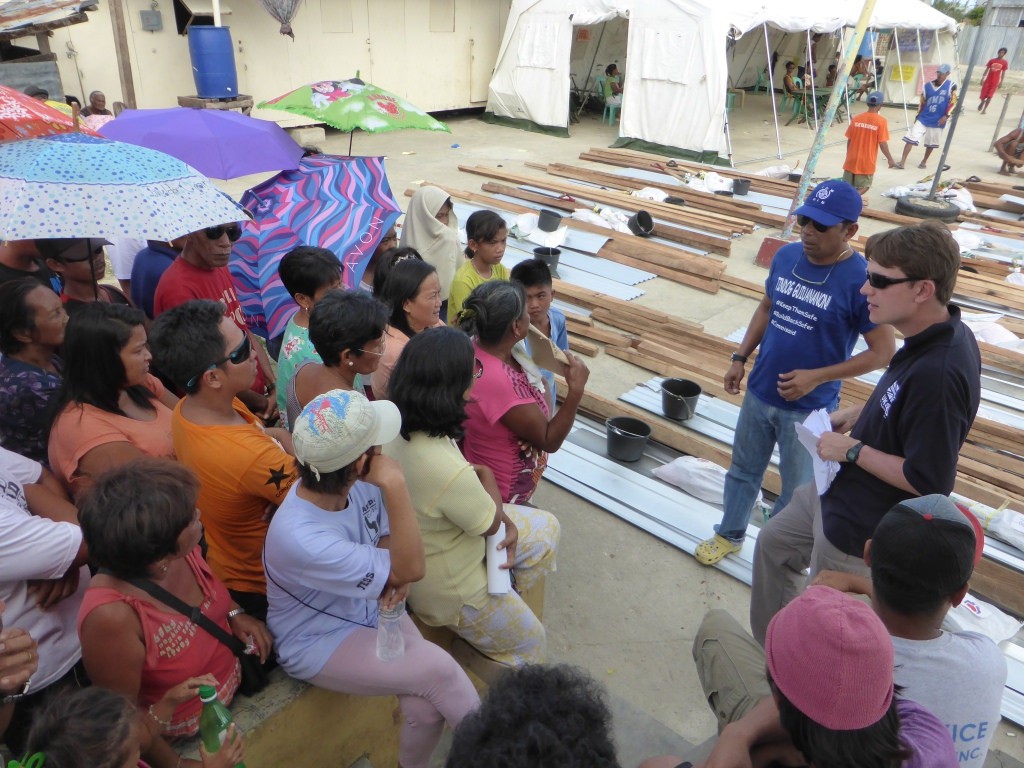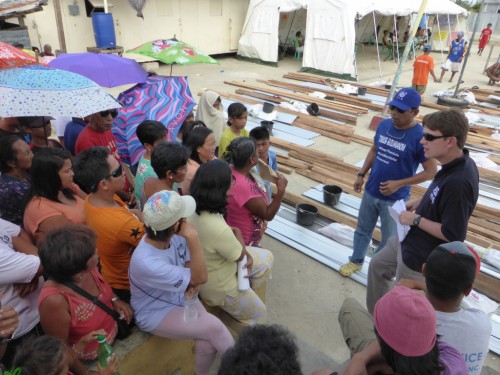23rd July 2014
Making a reality of the common good


There are many definitions of “the common good”. It is an idea born from early Christian thought, especially the writing of St Augustine, and a key concept of Catholic Social Teaching. As a phrase, it is used regularly by successive Popes, including Pope Francis, to describe a worthy objective of man’s strivings in society. A definition I rather like is that of the Vatican Council document Gaudium et Spes, promulgated in 1965: “the sum total of social conditions which allow people, either as groups or as individuals, to reach their fulfilment more fully and more easily”.
But what does that mean in reality? As it happens, the Archbishop of Canterbury gave a recent clue, following a debate at the Church of England Synod in York, and as reported on Vatican Insider. He called it “an ethic … in the here and now”, and gave three specific examples of political change for the common good: cross-party support for maintaining Britain’s international development budget at a minimum of 0.7% of GDP; the UK’s leadership in global efforts to tackle sexual violence in conflict; and the Bill on Modern Slavery and Human Trafficking which the government intends will become law in 2015.
Archbishop Welby is saying, in my view, two quite profound things about “the common good”. The first is that, though deriving from Christian thought, it is a concept we can and should all grasp – whatever our background – if we want to make our world a better place. And, secondly, that there are practical and very specific ways of making a difference to realise it. As an embassy, we are proud that we work on all three of the areas highlighted by the Archbishop, and will continue to do so. To pursue each is perfectly compatible with the national security and prosperity interests that this embassy rightly seeks to promote, while having a far wider beneficial impact. In my view, that’s making a reality of “the common good”.
Many thanks Giuseppe. The Cicero definition is also, I think, the inspiration for the name of the Commonwealth, deriving from “common weal” (‘weal’ meaning prosperity, good fortune or welfare), a name which in turn drives the philosophy of that organisation of 54 states of which The Queen is Head.
Perfect. I admire the people of UK for their love of the common good.
I suppose that the definition of Gaudium et Spes was influenced by Bernard Lonergan SJ, but I cannot prove it.
Another nice definition of common good is the one of Cicero: “Res Publica”.